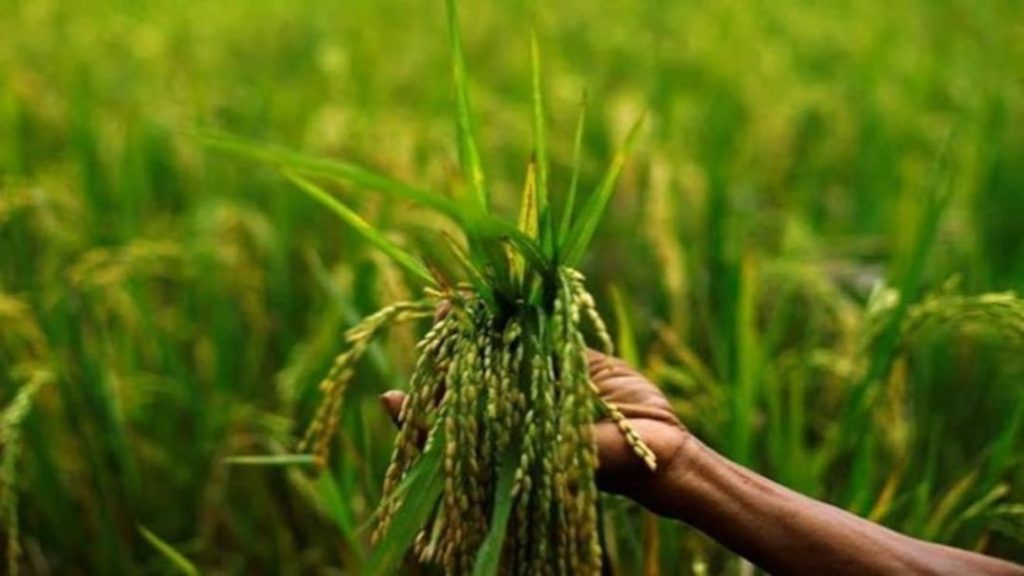
India Cutting Chenab’s Supply Will Increase Water Shortage & Impact Crops, Accepts Pakistan
The ongoing dispute between India and Pakistan over the Indus Waters Treaty has taken a new turn, with Pakistan’s Indus River System Authority (IRSA) accepting that India cutting Chenab river’s flow would increase water shortages across the country. According to IRSA, the move would also have a significant impact on kharif crops, which are already estimated to face a shortage of 21% for the remaining early kharif season, and 7% in the late kharif season.
The Indus Waters Treaty, signed in 1960, allows India to use waters of the Indus, Jhelum, and Chenab rivers, while Pakistan is allowed to use the waters of the Indus, Jhelum, and Neelum rivers. However, the treaty has been suspended by India since August 2020, citing Pakistan’s refusal to allow Indian experts to inspect its hydropower projects.
Pakistan has been facing severe water shortages in recent years, and the situation is expected to worsen if India continues to cut off the supply of water from the Chenab river. The country’s water resources are already strained, and the decrease in water supply would have severe consequences for the agriculture sector, which is the backbone of Pakistan’s economy.
The IRSA has warned that the reduction in water supply would not only impact the agriculture sector but also affect the overall economy of the country. “The reduction in water supply would lead to a significant decrease in crop yields, resulting in a shortage of food grains, fruits, and vegetables,” said an official from IRSA.
The kharif crop season, which is currently underway, is crucial for Pakistan’s economy. The country’s farmers rely heavily on the monsoon rains to irrigate their crops, but the recent drought has affected the crop yields significantly. The reduction in water supply from the Chenab river would further exacerbate the situation, making it difficult for farmers to irrigate their crops.
Pakistan’s agriculture sector is already facing several challenges, including climate change, soil degradation, and lack of irrigation infrastructure. The reduction in water supply would make it difficult for farmers to adapt to these challenges, leading to a decline in crop yields and productivity.
The impact of the reduction in water supply would not be limited to the agriculture sector. The country’s industries, such as textiles, food processing, and beverages, would also be affected. These industries rely heavily on water for their operations, and the reduction in water supply would lead to a decrease in production and a loss of revenue.
Pakistan’s government has been trying to find a solution to the water crisis, but the efforts have been unsuccessful so far. The country has been facing severe water shortages due to a combination of factors, including climate change, population growth, and inefficient use of water resources.
In conclusion, India cutting Chenab’s supply would increase water shortages across Pakistan and impact crops, which are already facing a shortage of 21% for the remaining early kharif season and 7% in the late kharif season. The reduction in water supply would have severe consequences for Pakistan’s agriculture sector, industries, and overall economy. It is essential for both countries to find a solution to the water crisis and resolve their differences over the Indus Waters Treaty.






